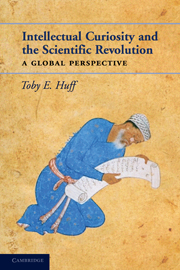6 - Three Ideals of Higher Education
Islamic, Chinese, and Western
Published online by Cambridge University Press: 05 June 2012
Summary
Until the nineteenth and twentieth centuries, with the rise of globalization, societies and civilizations of the past were deeply rooted in their local cultures and traditions. This was especially so with regard to their practices of socialization and education. The educational traditions of Europe stood far from those of the Muslim Middle East and from those of China and Mughal India. Educational practices are always deeply embedded in religious and philosophical traditions, and those traditions in China, India, and Europe were considerably different.
Although Islam spread in many areas that had once been Christian, Islamic philosophy and institutional practices stand in contrast to Christian conceptions. Christianity from the outset had been deeply influenced by Greek philosophy and Hellenic culture that still survived at the time of Christ. On the other hand, when Islam arose, Hellenic culture had virtually disappeared. Furthermore, the Arabian peninsula had never been significantly penetrated by either Greek or Roman culture. Consequently, the metaphysical and philosophical foundations of the two civilizations were markedly different. Even though there was an impressive translation movement of the eighth and ninth centuries that brought a huge stock of Greek philosophy into Arab areas, differences in attitudes to the natural philosophy of Plato and Aristotle remained.
- Type
- Chapter
- Information
- Intellectual Curiosity and the Scientific RevolutionA Global Perspective, pp. 145 - 168Publisher: Cambridge University PressPrint publication year: 2010



